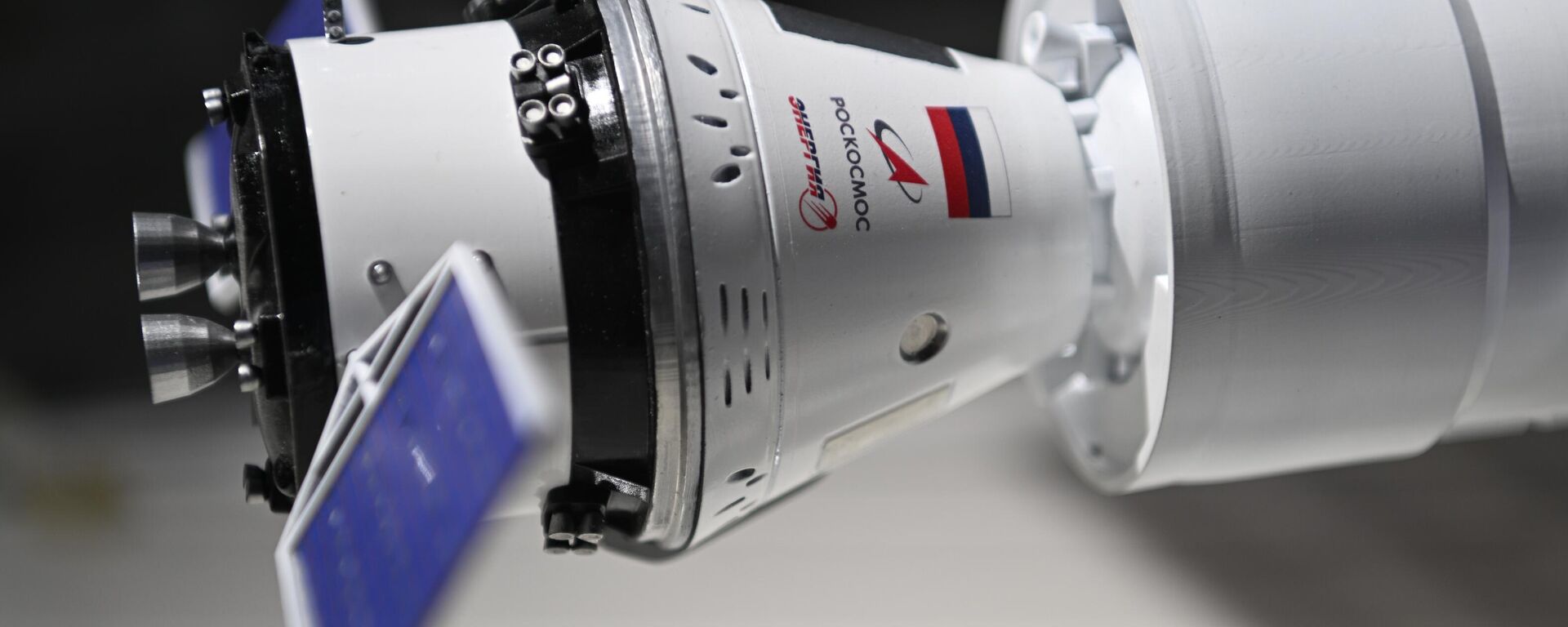https://en.sputniknews.africa/20230731/russian-scientists-succeed-in-growing-watermelons-in-antarctica-1060955710.html
Russian Scientists Succeed in Growing Watermelons in Antarctica
Russian Scientists Succeed in Growing Watermelons in Antarctica
Sputnik Africa
The experiment on growing vegetable crops at the Vostok station titled "Rastenia" (plants in Russian) has been underway since February 2020. Last season... 31.07.2023, Sputnik Africa
2023-07-31T16:07+0200
2023-07-31T16:07+0200
2023-07-31T16:07+0200
russia
antarctica
science
research
food security
https://cdn1.img.sputniknews.africa/img/07e7/07/1f/1060955826_0:0:3162:1779_1920x0_80_0_0_4784c8d2d8307ce89a20d8ce3753bd45.jpg
Russian scientists have succeeded in growing watermelons in the coldest place on the planet – at the Antarctic station Vostok - using panoponics or soilless technology, Russia’s Arctic and Antarctic Research Institute (AARI) said on Monday. Polar explorers managed to grow eight "ripe and sweet" watermelons in 103 days using the soilless technology of panoponics. The institute also announced plans to work out the technology of growing blackberries, blueberries and strawberries in the Antarctic. The experiment on growing vegetable crops at the Vostok station titled "Rastenia" (plants in Russian) has been underway since February 2020. Last season, Russian polar explorers grew about 62 pounds of tomatoes and 20 pounds of pepper. One of the goals of the experiment is to test plants growing technologies for a base on the Moon. Vostok is the only year-round inland Russian station in Antarctica. In July 1983, it recorded the lowest air temperature on the planet – negative 89.2 degrees Celsius (negative 128.5 degrees Fahrenheit).
https://en.sputniknews.africa/20230724/russia-proposes-brics-create-its-own-module-for-russian-orbital-station-1060729739.html
russia
antarctica
Sputnik Africa
feedback@sputniknews.com
+74956456601
MIA „Rossiya Segodnya“
2023
Sputnik Africa
feedback@sputniknews.com
+74956456601
MIA „Rossiya Segodnya“
News
en_EN
Sputnik Africa
feedback@sputniknews.com
+74956456601
MIA „Rossiya Segodnya“
Sputnik Africa
feedback@sputniknews.com
+74956456601
MIA „Rossiya Segodnya“
russia, antarctica, science, research, food security
russia, antarctica, science, research, food security
Russian Scientists Succeed in Growing Watermelons in Antarctica
The experiment on growing vegetable crops at the Vostok station titled "Rastenia" (plants in Russian) has been underway since February 2020. Last season, Russian polar explorers grew about 62 pounds of tomatoes and 20 pounds of pepper.
Russian scientists have succeeded in growing watermelons in the coldest place on the planet – at the Antarctic station Vostok - using panoponics or soilless technology, Russia’s Arctic and Antarctic Research Institute (AARI) said on Monday.
"Scientists of the 68th Russian Antarctic Expedition of the Arctic and Antarctic Research Institute, together with their colleagues from the Agrophysical Research Institute and the Institute for Biomedical Problems of the Russian Academy of Sciences, successfully completed the first experiment on growing watermelons at the Antarctic station Vostok — the coldest place on Earth," the AARI said in a statement.
Polar explorers managed to grow eight "ripe and sweet" watermelons in 103 days using the soilless technology of panoponics.
"Apart from the scientific interest and direct practical benefits in the form of fresh vegetables, berries and herbs, our joint project has a number of important additional advantages. The greenhouse at the station has a positive effect on the emotional state of polar explorers, who spend many months as an isolated group, in conditions of polar night, low temperatures and limited living space," AARI Director Alexander Makarov said.
The institute also announced plans to work out the technology of growing blackberries, blueberries and strawberries in the
Antarctic.
The experiment on growing vegetable crops at the Vostok station titled "Rastenia" (plants in Russian) has been underway since February 2020. Last season, Russian polar explorers grew about 62 pounds of tomatoes and 20 pounds of pepper.
One of the goals of the experiment is to test plants growing technologies for a base on the Moon.
Vostok is the only year-round inland Russian station in Antarctica. In July 1983, it recorded the lowest air temperature on the planet – negative 89.2 degrees Celsius (negative 128.5 degrees Fahrenheit).


